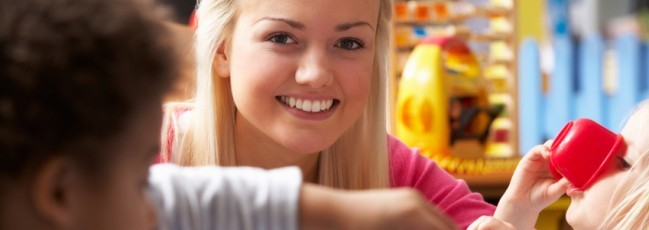A child experiencing problems is in need of immediate intervention.
The problem should be addressed before it becomes more severe. The most important tool to have in place before the advent of problems is an open and continuing dialogue between parents, teachers, caregivers and the child’s pediatrician.
It can be established what is the child’s normal behavior in different situations. It is very common behavior for a child to act differently in a school or daycare setting than at home. Parents and caregivers should discuss the child’s behavior on a regular basis to ascertain whether there are concerns about any problems. If a concern arises, parents should openly discuss the problem with caregivers and teachers. Quite often the problems can be traced to some sort of change which has occurred in the child’s life.
- A move to a new home
- the birth of a sibling or
- the death of a relative
can have a profound effect upon a child. Even small changes have an impact.
Children are very tuned into the adults around them so even if the change doesn’t directly affect them; children can sense tension and sadness in those close to them. Children can’t always verbalize their concerns so their worries often manifest into personality changes or behavior problems.
If the problem persists after appropriate intervention, the advice of a pediatrician should be sought. There can be a medical reason for a personality change or behavior problem. A child who appears to be not listening may have developed a hearing deficiency. A child who suddenly exhibits aggressive behavior may be feeling unwell. Professional assessment by state and local agencies, such as Child Find, can be revealing and often only require the request of the parent. Parents need to have regular communication with the caregivers and teachers in their children’s lives.
A child will thrive in an environment where everyone involved discusses and agrees upon issues such as acceptable behavior and continuing expectations. In the event of a problem, this ongoing dialogue will be invaluable in understanding the concern and then agreeing on how to proceed in the best interests of the child.
image credit: © micromonkey – Fotolia.com

